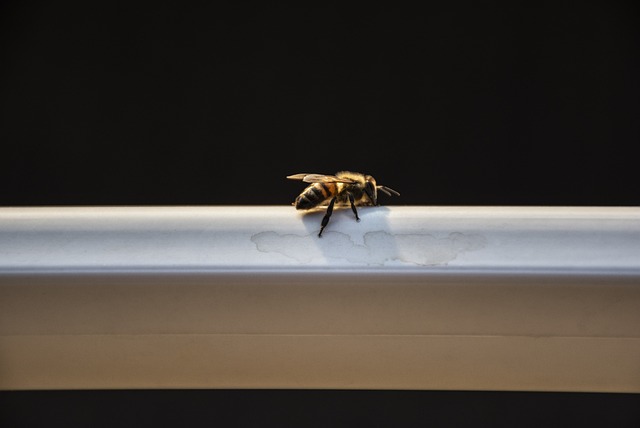coral roulette 🎃 Coral Roulette: The Unpredictable Survival Tactics of Coral Species in a Changing Marine Landscape

Coral Roulette: The Unpredictable Survival Tactics of Coral Species in a Changing Marine Landscapecoral roulette

In the vast expanse of our oceans, coral reefs stand as vibrant ecosystems, often referred to as the "rainforests of the sea." These underwater structures, built by myriad coral species, harbor an astonishing diversity of marine life and play a crucial role in regulating the Earth's climate and supporting coastal communities. However, as climate change, pollution, and other anthropogenic pressures intensify, coral reefs are facing unprecedented challenges. Among the many survival strategies that these resilient organisms employ, one particularly intriguing phenomenon has emerged—what scientists are now calling "coral roulette."coral roulette
At its core, coral roulette refers to the unpredictable and often random nature of coral reproduction and survival in response to environmental stressors. While corals are known for their remarkable ability to adapt, the extent to which they can do so varies widely among species, leading to a kind of 'lottery' in their survival prospects. This phenomenon is particularly evident during mass bleaching events, which occur when corals expel the symbiotic algae known as zooxanthellae, crucial for their energy production. The loss of these algae not only turns corals white but significantly diminishes their chances of survival.
Recent studies have highlighted the varying resilience among coral species, suggesting that some are better equipped to withstand the impacts of climate change than others. For example, certain species exhibit a remarkable ability to recover from bleaching by quickly re-establishing their symbiotic relationships with zooxanthellae. Others, however, seem to succumb quickly to stress, leading to widespread mortality. This disparity in resilience can be likened to a game of roulette, where the outcome—survival or demise—seems to depend on a complex interplay of genetic, environmental, and ecological factors.
The unpredictability of coral roulette is further complicated by the fact that many coral species engage in a reproductive strategy known as "broadcast spawning." During specific lunar phases, corals release their eggs and sperm into the water column, where fertilization occurs. This synchronized spawning event increases the likelihood of successful reproduction, yet it remains subject to the whims of environmental conditions. If conditions are unfavorable, such as elevated sea temperatures or pollution, the chances of successful fertilization and subsequent larval settlement drastically diminish, underscoring the precariousness of coral survival.
As scientists delve deeper into the intricacies of coral roulette, they are uncovering the genetic underpinnings that contribute to the resilience of certain coral species. The identification of heat-resistant genotypes offers hope for future conservation efforts. By promoting the propagation of these resilient corals, researchers aim to enhance the overall adaptability of coral reefs in the face of ongoing environmental changes. This targeted approach could be likened to a strategic bet in a game of roulette, where the odds are improved by focusing on the most promising candidates.coral roulette
Moreover, the implications of coral roulette extend beyond the reefs themselves. The survival of coral species directly influences the broader marine ecosystem, impacting fish populations, coastal protection, and the livelihoods of communities that depend on healthy coral reefs. As such, understanding the dynamics of coral roulette is not merely an academic exercise; it is a critical endeavor with far-reaching consequences.coral roulette
In light of this knowledge, the urgency for concerted global action becomes increasingly apparent. Efforts to mitigate climate change, reduce pollution, and enhance marine protected areas are essential in creating a more favorable environment for coral survival. Additionally, fostering community engagement and awareness around the importance of coral reefs can play a pivotal role in conservation initiatives. The collective responsibility of individuals, policymakers, and scientists is paramount in safeguarding these vital ecosystems.
As we navigate the complexities of coral roulette, it is crucial to remain optimistic yet realistic about the challenges that lie ahead. While the odds may appear daunting, the resilience and adaptability displayed by certain coral species serve as a testament to the remarkable tenacity of life in our oceans. By leveraging scientific research, conservation strategies, and global collaboration, we can work towards a future where coral reefs continue to thrive, resisting the unpredictable tumult of environmental change.
In conclusion, coral roulette encapsulates the intricate relationship between coral species and their environment, highlighting the unpredictable nature of survival in a rapidly changing world. As stewards of the planet, we must recognize the stakes involved and commit to safeguarding these invaluable marine ecosystems for generations to come. The survival of coral reefs may very well depend on our ability to influence the odds in their favor, ensuring that the roulette wheel of life spins toward resilience rather than demise.coral roulette

Fale conosco. Envie dúvidas, críticas ou sugestões para a nossa equipe através dos contatos abaixo:
Telefone: 0086-10-8805-0795
Email: portuguese@9099.com


